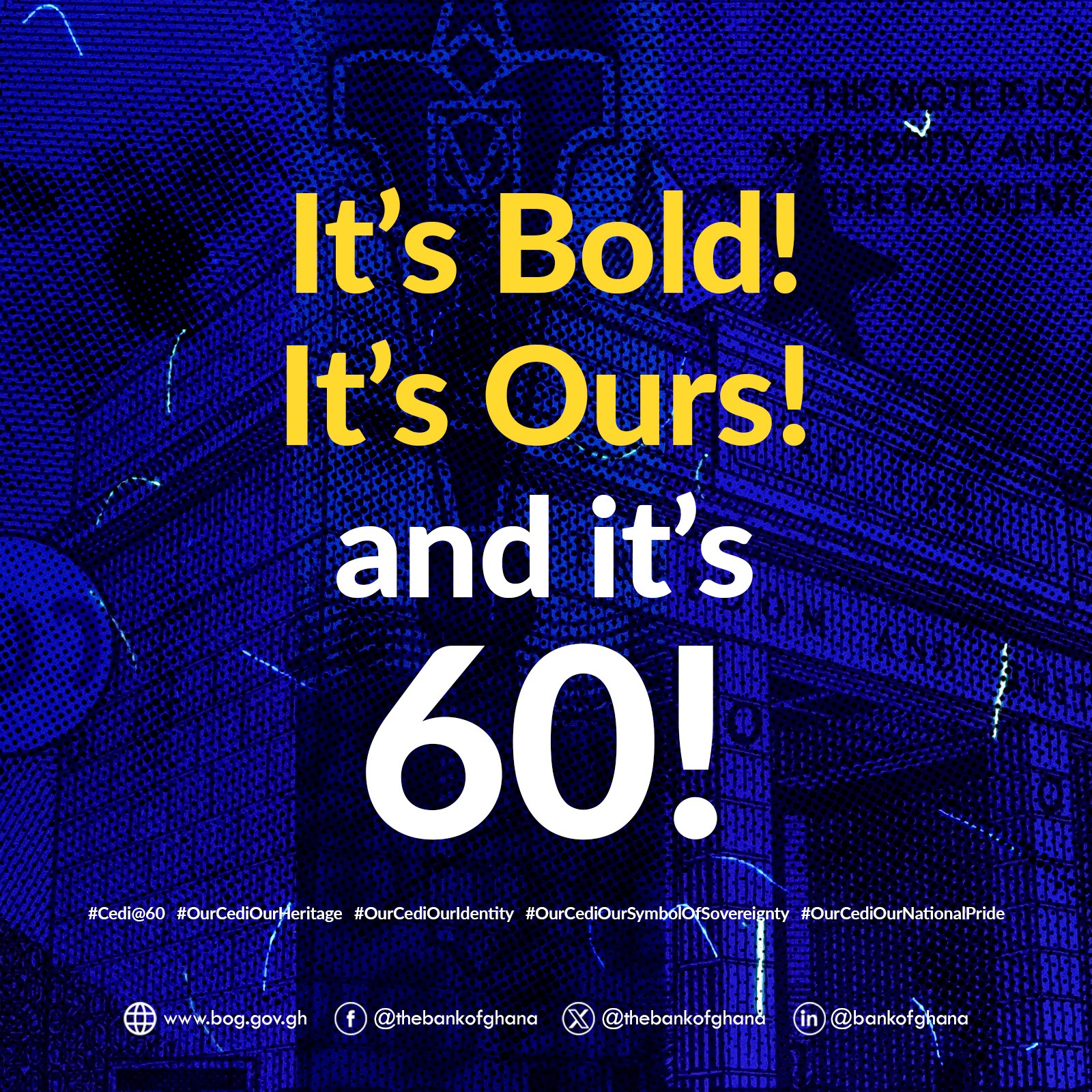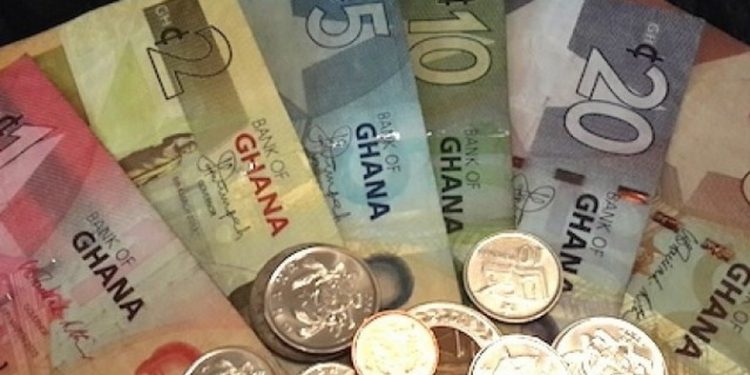- The Cedi at 60: Ghana’s Currency Journey from Symbol of Sovereignty to Anchor of Stability
When Ghana introduced the Cedi on July 19, 1965, it was more than just a new currency, because the then-President of Ghana, Dr Kwame Nkrumah, declared it a means to economic sovereignty. Emerging from the shadows of colonial rule, the Cedi embodied a young nation’s determination to define its own fiscal destiny. Sixty years later, as the Bank of Ghana (BoG) under the leadership of its Governor, Dr Johnson Asiama, prepares to commemorate the milestone under the theme “60 Years of the Cedi: A Symbol of Sovereignty, Stability, and Economic Resilience,” the narrative is one not of mere endurance, but of transformation and national pride.
Before 1965, Ghanaians traded with the British West African Pound, a reminder of colonial subordination. The Cedi’s birth marked a turning point, a tangible expression of independence and a bold move toward monetary identity. The word “Cedi”, derived from the Akan word for cowry shells once used as currency, anchored Ghana’s financial system in its cultural heritage.
But the journey was never linear. From the turbulent inflationary waves of the 1970s and 1980s to the redenomination exercise in 2007, when 10,000 old Cedis became one new Ghana Cedi, the nation’s currency story mirrors its broader economic odyssey: resilience in the face of structural challenges, reform through fiscal prudence, and adaptation in a changing global economy.
 Today, the Cedi remains the most actively traded currency in West Africa, its trajectory closely watched by investors and regional policymakers alike. According to the Bank of Ghana’s interbank rates for October 14, 2025, the local unit is trading at ¢11.89 to the dollar (buying) and ¢11.91 (selling), a reflection of relative market stability in an era of global currency volatility.
Today, the Cedi remains the most actively traded currency in West Africa, its trajectory closely watched by investors and regional policymakers alike. According to the Bank of Ghana’s interbank rates for October 14, 2025, the local unit is trading at ¢11.89 to the dollar (buying) and ¢11.91 (selling), a reflection of relative market stability in an era of global currency volatility.
The Bank of Ghana’s tight monetary policy stance, strengthened foreign reserves, and ongoing collaboration with the IMF under Ghana’s Extended Credit Facility have restored investor confidence. Inflation, which soared to double digits three years ago, is now moderating in single digits, signalling a return to macroeconomic discipline.
The Cedi’s endurance over six decades demonstrates more than economic management; it signifies the ability of a small, open economy to navigate shocks while maintaining financial sovereignty.
A Celebration of Confidence and Renewal
The Cedi@60 celebrations, slated for October 28, 2025, at the Accra International Conference Centre, will bring together policymakers, economists, and regional central bankers to reflect on this enduring symbol of national identity.
The anniversary activities, ranging from a Cedi Van Roadshow across Ghana’s regions to youth art and essay competitions, are designed not just to commemorate but to educate. The Bank’s Clean Note Campaign, aimed at promoting responsible currency handling and awareness of security features, reinforces a simple but powerful message: the Cedi is not just paper; it is the people’s confidence made tangible.
At sixty, the Cedi stands as both historical and forward-looking. It has outlived multiple governments, economic regimes, and international crises, from the oil shocks of the 1970s to the COVID-19 pandemic and the global inflationary storm of the early 2020s. Each episode tested its resilience, yet the currency endured, backed by policy reforms and a central bank increasingly adept at balancing inflation control with growth.
The evolution of digital payments and mobile money has also expanded the Cedi’s reach. Today, over 90% of Ghanaians engage in Cedi-denominated electronic transactions, a digital revolution that has deepened financial inclusion and fortified domestic liquidity. The Cedi has become not just a national instrument, but a regional digital player, integrated into the West African payment ecosystem.
The Future: Beyond Stability
The story of the Cedi’s next chapter is already being written, in fintech innovation, cross-border trade under the AfCFTA, and Ghana’s growing ambition to position the Cedi as a regional reserve currency.
As Ghana celebrates this diamond jubilee, the Cedi represents more than money. We at NorvanReports see it as a mirror of Ghana’s evolution, a chronicle of its trials and triumphs, and a testament to its people’s unyielding belief that economic sovereignty is not a destination but a continuous journey.
Sixty years on, the Cedi still stands strong a quiet but powerful affirmation that Ghana’s best economic chapters are yet to be written.









